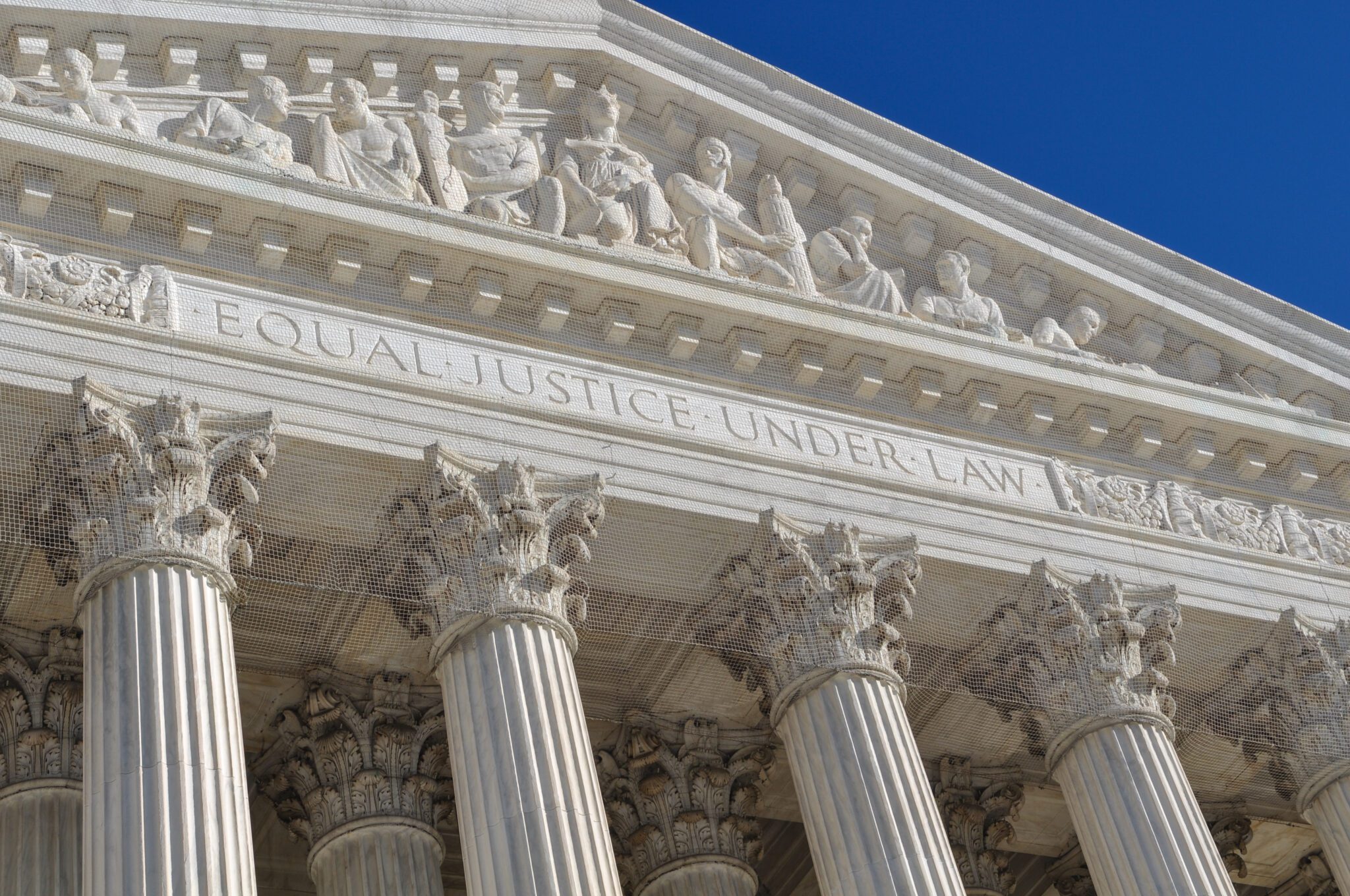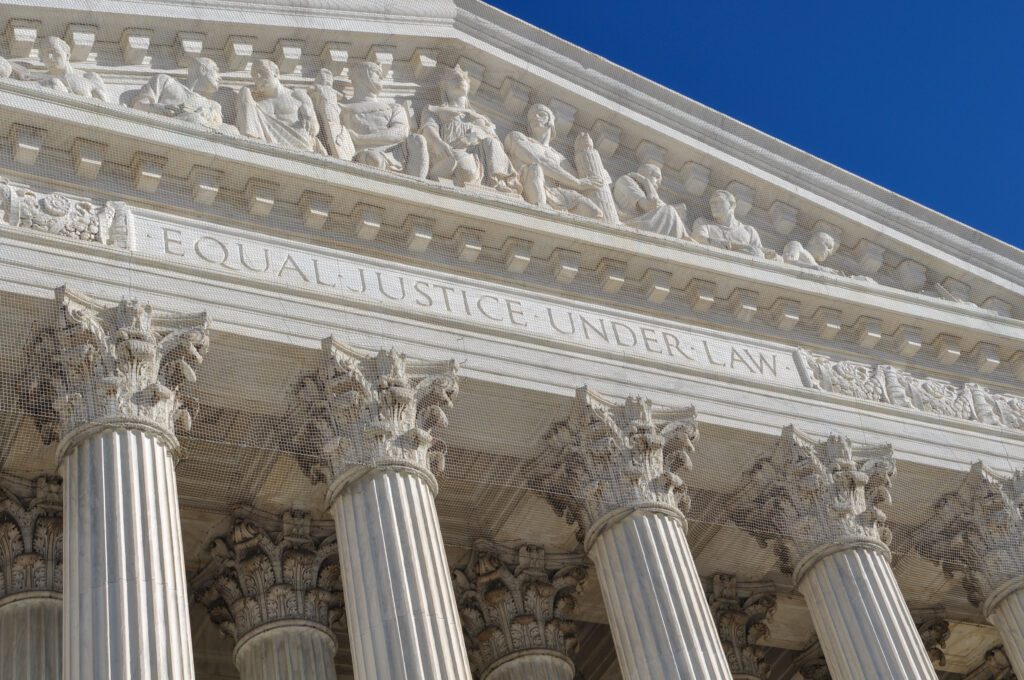Co-ops Support Supreme Court Ruling on EPA Regulatory Authority
Randy Sukow
|

NRECA expressed its approval of the Supreme Court’s 6-3 decision in West Virginia v. EPA (PDF), limiting the federal government’s authority to regulate electric power plant emissions. The ruling directly affects rural cooperatives that generate power using coal.
“The court’s decision resets the agency to its appropriate regulatory path, requiring it to set achievable emissions guidelines that can be accomplished at existing power plants while also allowing states to consider local factors and have the final say on compliance options,” said NRECA CEO Jim Matheson in a statement yesterday.
At the same time, Matheson emphasized that rural cooperatives are investing in a diverse mix of generation technologies, including solar and other technologies with low carbon dioxide emission rates with the goal of maintaining affordable power availability. “The energy decisions we make today will determine whether there are sufficient resources for the lights to come on tomorrow,” he said.
NRTC Smart Grid Solutions can work with members to build solar facilities and can deploy smart grid technologies to conserve energy and improve power efficiency regardless of generation method.
The West Virginia v EPA ruling stems from a set of regulations, the Clean Power Plan, that the Environmental Protection Agency (EPA) implemented in 2015. The plan set emission limits for power plants and pressured generators to transition from coal. The EPA under a different presidential administration reversed that policy in 2019, claiming that it exceeded the agency’s statutory authority.
“The Agency determined that the interpretive question raised by the Clean Power Plan fell under the major questions doctrine. Under that doctrine, it determined, a clear statement is necessary for a court to conclude that Congress intended to delegate authority ‘of this breadth to regulate a fundamental sector of the economy,’” according to the Chief Justice John Roberts’ majority opinion. Several states joined to challenge the Clean Power Plan when the U.S. Court of Appeals for the D.C. Circuit later reversed the EPA’s 2019 ruling.
“Capping carbon dioxide emissions at a level that will force a nationwide transition away from the use of coal to generate electricity may be a sensible ‘solution to the crisis of the day,’” Roberts said to conclude his opinion. “But it is not plausible that Congress gave EPA the authority to adopt on its own such a regulatory scheme … A decision of such magnitude and consequence rests with Congress itself, or an agency acting pursuant to a clear delegation from that representative body.”
Leading up to yesterday’s decision, NRECA joined with several G&T cooperatives in a December 2021 amicus brief (PDF). It claimed that the Clean Power Plan would “impose tremendous expense and undue uncertainty on rural power generators … and ultimately on the rural [and relatively less affluent] Americans they serve.”
The White House issued a statement from President Biden opposing the decision saying it “risks damaging our nation’s ability to keep our air clean and combat climate change.” He said that the administration will look for alternative executive actions to control emissions and “keep pushing for additional Congressional action, so that Americans can fully seize the economic opportunities, cost-saving benefits, and security of a clean energy future.”


